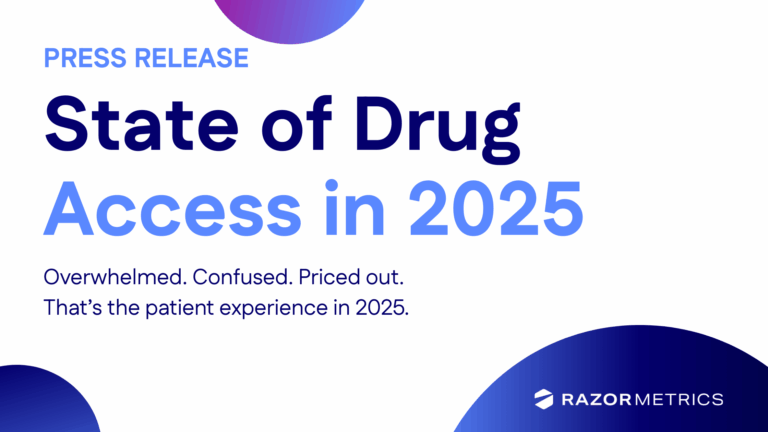Medication errors occur when a person gets the wrong dosage or medication, and the consequences are severe. These errors cause 7,000 to 9,000 excess deaths in the United States, and complication-related health costs exceed $40 billion annually. Further, patients experience clear harm both physically and psychologically due to medication errors. The result is extreme patient frustration and dwindling trust in the healthcare system.
Medication errors happen in a plethora of ways:
- Illegible handwriting
- Miscommunicated drug orders
- Drop-down menu misclicks
- Confusion over similarly spelled drugs
- Too similar packaging between products
- Weighing errors
- Dosing mistakes
Medication mistakes result from a flawed system that fails to catch errors.
California is the first state to try to tackle the problem by enacting the Stop Dangerous Pharmacies Act, Assembly Bill 1286 (AB 1286). Legislatures designed the bill to significantly improve patient safety and revolutionize how chain pharmacies operate in California.
The medication error epidemic is difficult to qualify because there is no centralized reporting mechanism, leaving patients vulnerable and pharmacy staff without proper oversight. The absence of transparency and regulatory oversight has raised alarms among lawmakers and advocates for patient safety.
AB 1286 seeks to address the root causes of medication errors by implementing a range of innovative measures:
Mandatory Medication Error Reporting: chain pharmacies will be required to report all medication errors.
Baseline Pharmacy Staffing Rules: establishes baseline pharmacy staffing rules to ensure pharmacists have the support they need.
Enhanced Autonomy for Pharmacy Staff: empowers licensed pharmacy staff with greater autonomy to make decisions about their work environment and staffing needs.
Temporary Pharmacy Closure: In rare and dangerous situations where pharmacists believe that the work environment poses a severe threat to patients and management has not addressed the issue adequately, the bill provides pathways for temporary pharmacy closure.
With AB 1286, California will become the first state to implement regulations to combat understaffing and medication errors in chain pharmacies. California will be a national leader in pharmacy safety, setting a precedent for other states to follow.
The urgency of addressing medication errors is profound. California estimates about 5 million medication errors annually, a staggering number that underscores the gravity of the issue. While the direct causes of these errors vary, a recent California Board of Pharmacy survey revealed that insufficient staffing levels were a significant concern for pharmacists. Over 83 percent of pharmacists reported not having enough time to consult patients, putting patient safety at risk.




